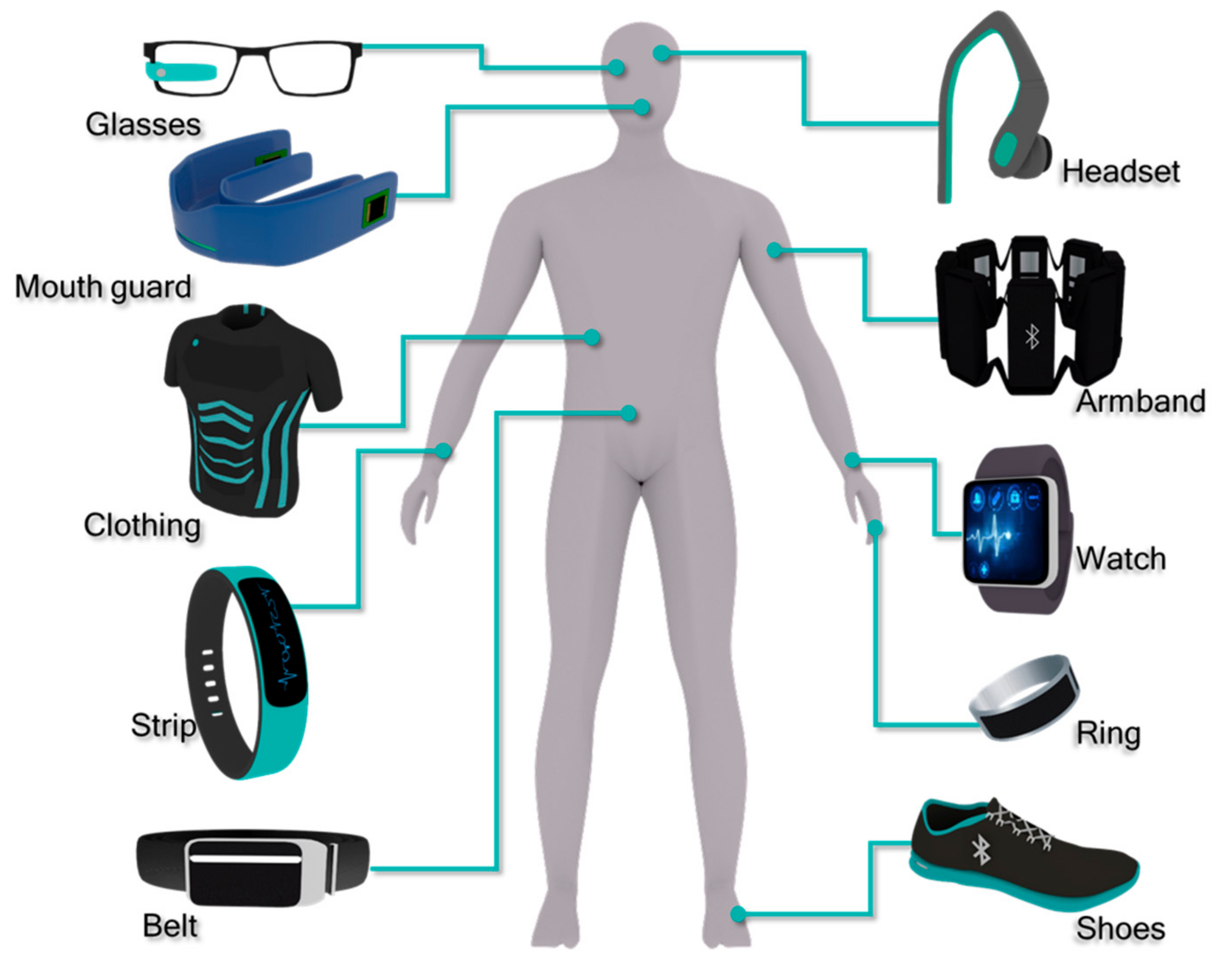The Tiny Brains Behind Big Wellness Improvements
From fitness trackers to smart inhalers, microcontrollers are silently revolutionizing the wellness industry. These tiny, powerful chips are the brains behind many of the devices we rely on to monitor our health, track our progress, and ultimately, improve our well-being. They’re the unsung heroes of the quantified self movement, quietly collecting and processing data to give us actionable insights into our bodies and lifestyles.
How Microcontrollers Work Their Wellness Magic
At their core, microcontrollers are programmable integrated circuits (ICs) that combine a central processing unit (CPU), memory, and input/output (I/O) peripherals on a single chip. In wellness devices, these peripherals are crucial. They allow the microcontroller to interact with sensors that measure heart rate, steps taken, sleep patterns, blood oxygen levels, and even body temperature. The data collected is then processed by the CPU, often performing calculations and comparisons against pre-programmed thresholds, before sending information to a display or wirelessly transmitting it to a smartphone app.

The Power of Low-Power Consumption in Wearable Wellness
One of the key features that makes microcontrollers so well-suited for wearable wellness devices is their incredibly low power consumption. This is vital for battery life. Imagine a fitness tracker that needs charging every few hours – it wouldn’t be very practical. The efficient design of microcontrollers ensures that devices can operate for days, or even weeks, on a single charge, making them comfortable and convenient to wear throughout the day and night.
From Fitness Trackers to Smart Home Healthcare
The applications for microcontrollers in wellness are incredibly diverse. Fitness trackers use them to monitor activity levels, calories burned, and sleep quality. Smart scales incorporate microcontrollers to measure weight, body fat percentage, and even muscle mass. Beyond personal wearables, microcontrollers are integral to sophisticated medical devices. For example, they power insulin pumps, helping manage diabetes with precision. They also contribute to the development of smart inhalers, ensuring patients receive the correct dosage of medication at the appropriate time.
The Growing Role of Connectivity and Data Analysis
Many modern wellness devices utilize wireless communication technologies like Bluetooth or Wi-Fi, allowing them to seamlessly integrate with smartphones and cloud-based platforms. This connectivity is facilitated by the microcontroller, which acts as the communication hub. The data collected by the device is then transmitted to the cloud, where it can be analyzed to provide personalized insights and recommendations. This data-driven approach is transforming how we approach wellness, allowing for more targeted interventions and proactive health management.
The Future of Microcontrollers in Wellness Technology
As technology continues to advance, we can expect even greater sophistication and integration of microcontrollers in wellness devices. Miniaturization will allow for smaller, more discreet devices. Improved sensor technology will enable more accurate and comprehensive data collection. And advancements in artificial intelligence (AI) and machine learning (ML) will enable microcontrollers to process and interpret data more intelligently, leading to more personalized and effective wellness solutions. We might even see microcontrollers playing a bigger role in preventative healthcare, alerting users to potential health risks before they become serious problems.
Ensuring Data Security and Privacy in a Connected World
With the increasing reliance on connected wellness devices, data security and privacy are paramount. Manufacturers and developers need to prioritize robust security measures to protect sensitive health data. This includes encryption of data both in transit and at rest, secure authentication protocols, and regular software updates to address vulnerabilities. Responsible data handling is crucial to maintain user trust and ensure the ethical use of this powerful technology.
The Unexpected Benefits of Microcontroller-Powered Wellness
Beyond the specific features of individual devices, the broader impact of microcontroller-powered wellness is significant. These technologies are empowering individuals to take a more active role in managing their health, promoting self-awareness, and fostering healthier lifestyles. By providing easily accessible and actionable data, microcontrollers are driving a shift towards preventative healthcare and personalized wellness strategies, ultimately contributing to improved health outcomes and a better quality of life. Learn more about microcontrollers in wearable health devices here.
